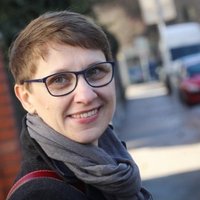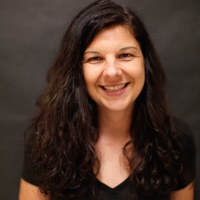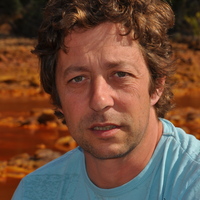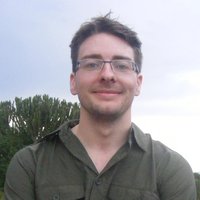
Robin Mann
COER, whilst based in NZ, are active worldwide in business excellence consultancy and research. We are particularly active in Australasia, Asia, and the Middle East.
For more information on COER and research opportunities go to http://www.coer.org.nz/
Sign up for our free Best Practice Newsletter http://www.bpir.com/free-benchmarking-quality-business-excellence-newsletter/
We are always looking for enthusiatic students to join our PhD/Doctorate team. New Zealand is a great place to live and doctorates here are equivalent to those in the UK and Australia and less expensive.
For more information on COER and research opportunities go to http://www.coer.org.nz/
Sign up for our free Best Practice Newsletter http://www.bpir.com/free-benchmarking-quality-business-excellence-newsletter/
We are always looking for enthusiatic students to join our PhD/Doctorate team. New Zealand is a great place to live and doctorates here are equivalent to those in the UK and Australia and less expensive.
less
Related Authors
Brigid Freeman
University of Melbourne
R. Tytler
Deakin University
Leann Schlamb
Miami University
Sattaria Dilks
McNeese State University
Marian Newton
Shenandoah University
Jana Javornik
University of East London
Gwen Robbins Schug
University of North Carolina at Greensboro
Gabriel Gutierrez-Alonso
University of Salamanca
John Sutton
Macquarie University
Kevin Arbuckle
Swansea University







Uploads
Papers by Robin Mann
Programme (DGEP) launched the ‘Dubai We Learn’ initiative to foster an organisational learning culture within government. This initiative would act as a springboard for government entities to learn new
skills and acquire new tools and techniques that would support innovation and a citizen-focussed approach
to delivering government services. The Centre for Organisational Excellence Research, New Zealand was DGEP’s strategic and technical partner for delivering the initiative. The expertise of the Centre and the range of tools developed such as the TRADE Benchmarking Methodology and the Best Practice Resource (www. dgep.bpir.com) would be central to supporting this initiative.
This book presents a summary of the 2nd cycle of Dubai We Learn’s Excellence Makers Program. This is the 2nd book published on this program, the first book summarised the 1st cycle. The Excellence Makers Program runs on a one-year cycle offering the chance for project teams to be guided on how to find and implement best practices in areas of strategic priority. For 2017 to 2018, 11 government entities participated with teams addressing a variety of challenges ranging from the organisationally simple to the technically complex. During the project year, the project teams
had opportunities to visit and learn from leading international organisations in locations as diverse as Singapore, USA, UK, Germany and the UAE. They also had opportunities to share their progress with other teams and at international conferences.
The success of the projects and the new abilities of the teams have provided a solid foundation for continuous improvement across the whole of Dubai government. In conclusion, the government entities that participated in the project have shown the commitment and ability to be anchors for the future development of public services in Dubai.
• Considering whether to introduce a business excellence model or award for the first time in the public sector
• Seeking to enhance an established business excellence model and/or award for the public sector
The guidebook begins with an exploration of the importance of business excellence awards and models through a series of questions and answers. This is followed by a summary of the views of NPOs on business excellence. Thereafter, information is presented on how to promote business excellence, assist organizations in using a
business excellence approach, and recognize organizations through an awards process. The last section provides examples of how NPO member economies are implementing business excellence in the public sector.